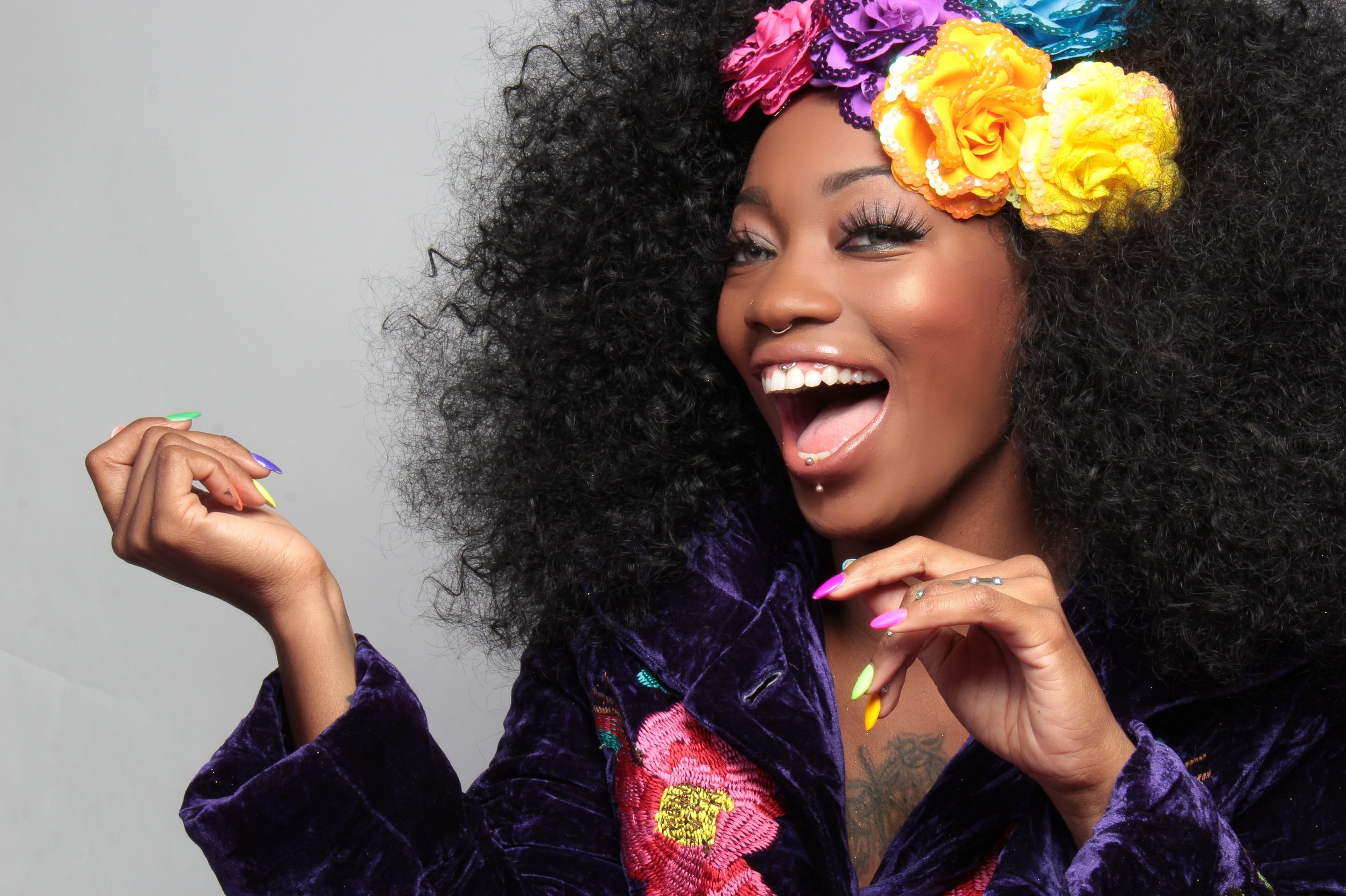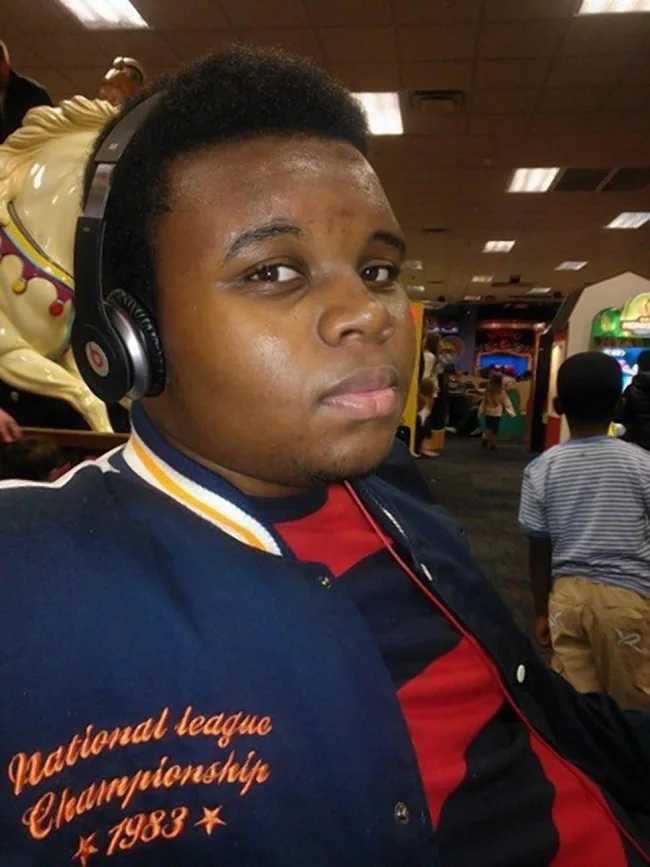BHM: Quit Hating on Beyonce's Black Panther Homage; They're not the Klan
People, she finally did it! Queen Bey dropped an unapologetically black trap song, “Formation,” with an amazing video about loving her baby’s afro and her husband’s Jackson Five nostrils. Her video made reference to Hurricane Katrina, and featured a wall spray painted with the words, “Stop shooting us” while she danced on top of a water-logged police car. And in case there was any doubt about the song’s intention, she performed it at one of the biggest sporting events in America, the Super Bowl. Decked out in a bullet-adorned leotard (a la Michael Jackson) and with her back-up dancers costumed in honour of the Black Panthers, she made it very clear that she was making a political statement: she and her clan are black, proud, and empowered.
Of course, while I and many others are thrilled with this, some people got really upset. “Negro?! Bullets on her leotard?! Flooding out police cars?! That Beyonce has just crossed a line.” But most of the outrage was directed towards the use of Black Panther imagery. People compared them to the KKK and accused Beyonce of supporting anti-white and anti-police violence and rhetoric. While the Black Panthers are not without flaw, there are only two reasons why anyone would actually compare them to the Klan: ignorance (in the truest sense of the word) or anti-blackness.
I can’t fix hate, but knowledge is free. With just a few keystrokes in good ol’ Google, I was able to find a whole list of reasons why the Black Panthers were both necessary and honourable and why anyone with their knickers in a knot over Beyonce’s homage needs to smooth out their Fruit of the Looms and have a seat.
·
The original name of the Party says a whole lot
What we now know as the Black Panther Party was originally called the Black Panther Party for Self-Defense. The keyword here is self-defense. The BPP was founded as a direct response to violence against Black people in the wake of the Civil Rights Act. They patrolled Black communities to protect the residents from police brutality. Unlike the KKK, they weren’t running around shooting and lynching anyone because of their skin colour. They were just protecting their own.
·
Their platform was about securing basic rights for Black and oppressed people
The Black Panther Party had a ten point platform, and many of those points included rights that we now expect without question: freedom for Black and oppressed communities, employment, housing, education and healthcare. The KKK’s mandate, on the other hand, was to ensure civil rights to only white, heterosexual Christians and reverse the equality African-Americans were granted after the Civil War.
·
BPP wasn’t anti-white, just pro-black
The point wasn’t to establish Black supremacy. Their goal was to keep Black people from being unfairly killed by police. Having a problem with that is as ridiculous as having a problem with the statement “Black lives matter.” Oh wait…
·
They had white allies
The Panthers were in favour of alliance with white groups who shared their goal of changing U.S. society for the better. This included an alliance with the Students for a Democratic Society which promoted equality, justice and civil rights. Improving the lives of Black people was (and is) an important part of the goal to make America better, and they allied themselves with white organizations who understood that.
·
They put in the work to make a difference
The Panther’s didn’t just talk the talk, they walked the walk and put in the work in their communities to make those things happen. They provided breakfast programs for children, found housing for homeless people, and set up free medical centres. They were offering services that filled important gaps in Black communities.

I shouldn’t have to write an entire blog post to inform people that the Black Panthers are in no way a hate-based terrorist group like the Ku Klux Klan and Beyonce shouldn’t be expected to apologize for referencing and honouring them in a song that is clearly about Black self-love, success, and empowerment, but here we are. If we needed evidence that Black History Month was a necessity, this will do just fine.





